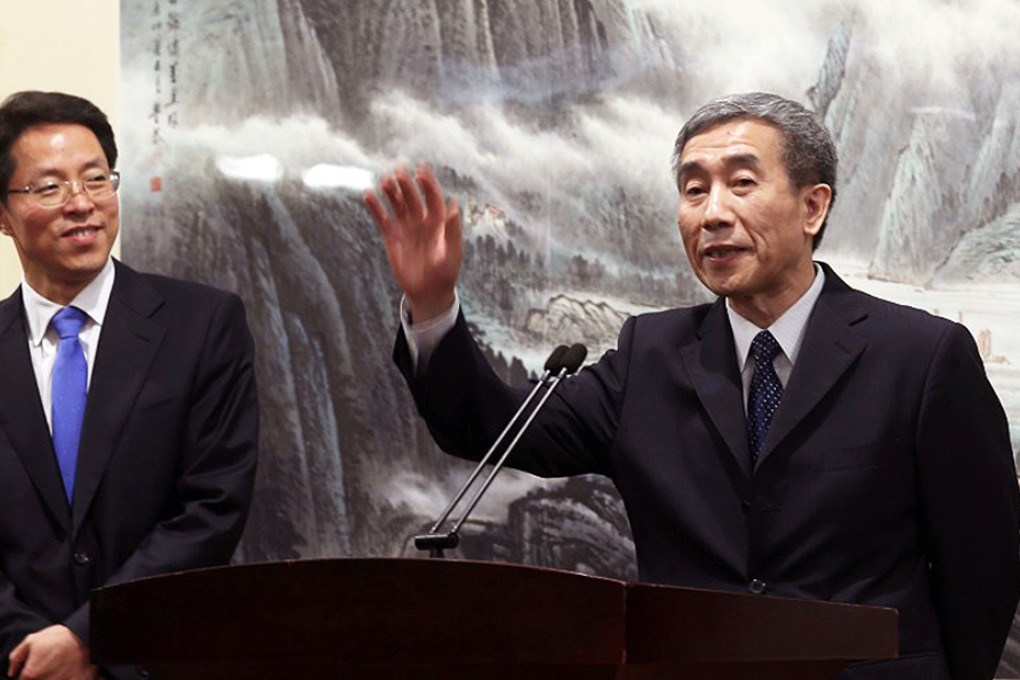Top official Li Fei drops another hint about Beijing’s thinking on 2017 election
Stringent rules look likely for chief executive election, as top mainland official suggests key committee is not in the mood for compromise

A mainland official has hinted that the national legislature's top body will set stringent rules for Hong Kong's next chief executive election, unswayed by the possibility of "disastrous effects" if the reform package fails to pass the local legislature.
Li Fei summoned the memory of Deng Xiaoping, who told British prime minister Margaret Thatcher in 1982 that China would resume sovereignty over Hong Kong regardless of the consequences.
Li, chairman of the Basic Law Committee, was speaking ahead of a meeting next week by Standing Committee of National People's Congress that will lay down a framework for the city's first popular election to choose its leader in 2017.
"I noted that some people wrote in newspapers in Hong Kong that it would be disastrous if the central government did not adopt what they advocate," Li told a Shenzhen seminar attended by Hong Kong representatives. He recalled Deng telling Thatcher - who had warned of a "disastrous effect" if Beijing insisted on taking back Hong Kong - that it "would face the disaster head on and make the decision".
"Today we also need to face universal suffrage with the utmost determination and courage, and make a historic choice," Li said.
A person familiar with Beijing's stance said: "The central government won't make concessions when national sovereignty and security are at stake."
Civic Party chairwoman Audrey Eu Yuet-mee lamented that Beijing seemed to have made up its mind. "It seems there's no room for any change."